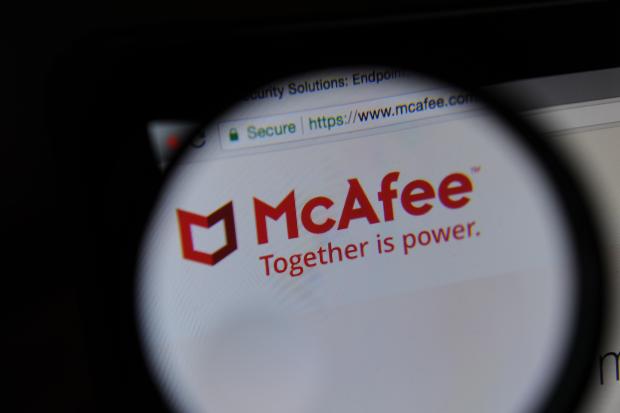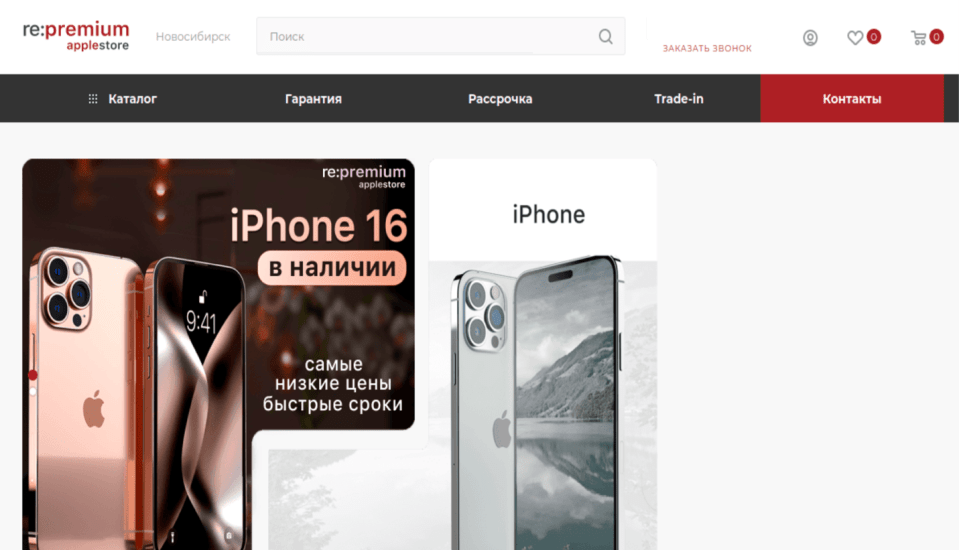CHRISTMAS shoppers have been warned of a spike in fake Apple websites with ‘too-good-to-be-true’ iPhone deals.
Consumers attempted to access more than 624,000 suspicious or outright malicious websites tied to household name brands in the six weeks to 12 November, according to data from McAfee.
Experts at McAfee revealed to The Sun that a whopping 77,980 of these websites – or 12.5 per cent – are fake ecommerce sites selling Apple products.
While McAfee was able to warn customers against using these sites, people without security software might fall victim.
These sites appear as official brand pages selling products for up to 90 per cent off their original price.
Although the smaller discounts are more believable, and can therefore be more dangerous.
“Scam sites typically advertise anywhere from 25 per cent to 90 per cent off items,” a McAfee spokesperson told The Sun.
“Lower numbers, such as 25 per cent to 50 per cent off, appear more reasonable and may not cause suspicion.
“Higher numbers such as 80 per cent and 90 per cent target those who are more focused on getting great deals and jumping on top of those deal as soon as they see them.”
The rise in fraudulent activity comes as consumers are well in the throes of holiday shopping, and may be more susceptible to clicking on offers from well-known brands.
“We expect [the increase] to continue through the festive season,” a spokesperson added.
“However, the peak of that spike likely hit between Black Friday and early December.”
Experts have urged consumers to stay vigilant, especially with offers that seem unusually generous or come from unverified sources.
If you’re on a website with overly glitzy offers, McAfee has encouraged consumers to check the web address.
“The easiest and most foolproof way to tell a real from a fake Apple site is to look at the URL itself,” the spokesperson said.
“While Apple has a few region-specific domain names, when in doubt users can navigate directly to apple.com and search for the product they’re interested in purchasing there.”
Apple is not the only brand frequently impersonated this time of year – though it is the most frauded tech brand.
Experts have found thousands of dodgy websites pretending to sell Adidas, as well as products from luxury brands like Rolex, Louis Vuitton and Yeezy.
Footwear and handbag brands were the most likely to be exploited online.
Outsmart holiday scammers

McAfee’s four shopping tips to outsmart holiday scammers:
Stay alert: The increase in malicious URLs during October and November is a strong indicator that scammers capitalise on holiday shopping behaviours.
Consumers should be especially vigilant during this period and continue to exercise caution throughout the holiday shopping season.
Wear a sceptic’s hat: To stay safe, consumers should verify URLs, look for signs of secure websites (like https://), and be wary of any sites offering discounts that seem too good to be true.
Exercise additional caution: Adidas, Yeezy, Louis Vuitton, Apple, and Rolex are brand names frequently used by cybercrooks looking to scam consumers, so sticking with trusted sources is particularly important when shopping for these items online.
Grammatical errors and misspellings: Oftentimes, hackers will use a URL for their spoofed website that is just one character off from the legitimate site, such as using “www.rbcr0yalbank.com” versus “www.rbcroyalbank.com.”
Before clicking on any website from an email asking you to act, hover over the link with your cursor.
This will allow you to preview the URL and identify any suspicious misspellings or grammatical errors before navigating to a potentially dangerous website.
